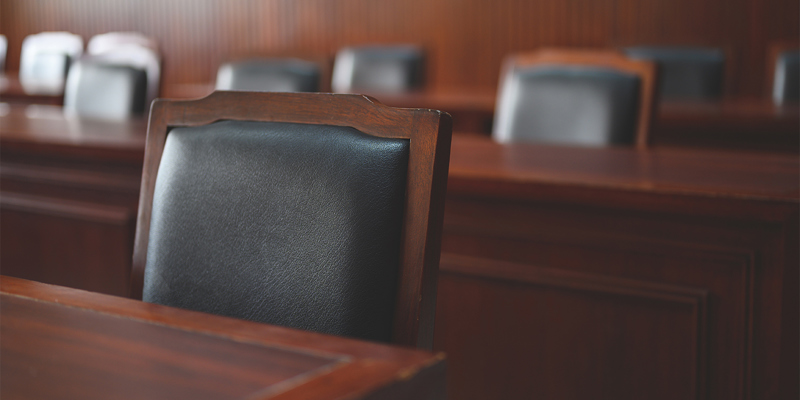
Why litigation friends should be celebrated
Associate Imogen Runacres explains the crucial role of litigation friends in supporting individuals who may lack the capacity to navigate legal proceedings.
With its court deadlines, adversarial nature and uncertainty, litigation is stressful enough at the best of times. It is admirable and a huge commitment for those who have chosen to litigate on behalf of someone else in their role as litigation friends. We have litigation friends acting to support our clients in divorce, financial remedy and children proceedings.
Why would someone need a litigation friend?
To litigate, litigants must have litigation capacity, which is the ability of a person to understand the nature and consequences of legal proceedings. A litigation friend is a person appointed to conduct legal proceedings on behalf of somebody unable to do this. Litigation friends may be appointed to conduct court proceedings on behalf of:
- children under the age of 18 or
- adults who lack capacity to litigate. They are also known as a 'protected party'.
Someone may lack capacity to litigate for a number of reasons such as:
- physical disability
- age or Dementia
- a brain injury or neurological condition or
- a cognitive impairment
If it is not clear whether someone has capacity to litigate, they can go to see a medical professional for a capacity assessment, and this is something lawyers should be alive to when they meet clients in case this is something they need to recommend.
Litigation friends may be someone’s parent or guardian, friend or family member. Sometimes litigation friends are deputies appointed by the Court of Protection.
What do litigation friends do?
Part 15 of the Family Procedure Rules covers protected parties and litigation friends. Paragraph 2.1 of Practice Direction 15A says ‘it is the duty of a litigation friend fairly and competently to conduct proceedings on behalf of a protected party. The litigation friend must have no interest in the proceedings adverse to that of the protected party and all steps and decisions the litigation friend takes in the proceedings must be taken for the benefit of the protected party.’
Litigation friends must make decisions that are in the best interests of the protected party or child. They are very alive to the needs, wishes and feelings of those they represent, and they keep them up to date with the developments in their case.
This means that litigation friends are at the very centre of a case. Litigation friends give instructions, review and approve all of the correspondence and court documents we produce, attend court hearings and conferences with counsel, and make strategic calls as the case progresses.
How are litigation friends appointed?
There are two main ways to apply to become a litigation friend:
- by providing a copy of the court order or declaration that appoints them as the person's deputy; or
- if they're not a deputy, by completing a certificate of suitability (a form FP9) which is then sent into court
I am continually impressed by those litigation friends I work with and their conscientious commitment to proceedings, which can be lengthy and protracted. Their role is invaluable as they give access to justice to those who would otherwise struggle, and that is really something to celebrate.
Imogen Runacres is in the family and children team. She has considerable litigation experience, having prepared for and attended hearings in the Royal Courts of Justice and the Central Family Court.
Get in touch
If you would like to speak with a member of the team you can contact our family and children solicitors by email, by telephone on +44 (0)20 3826 7520 or complete our enquiry form.




